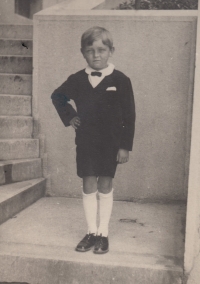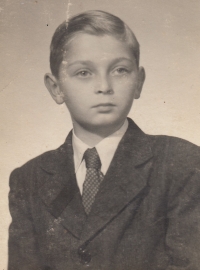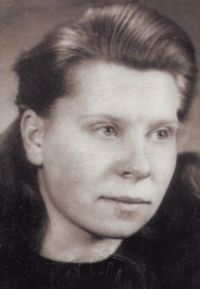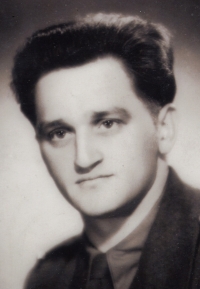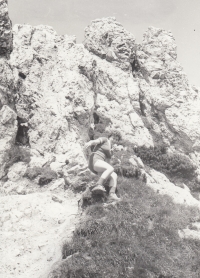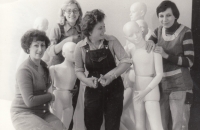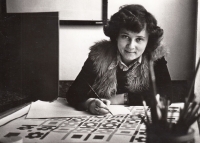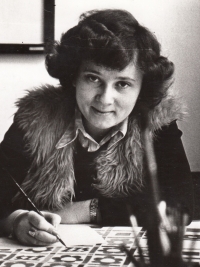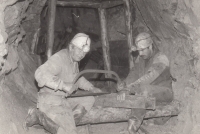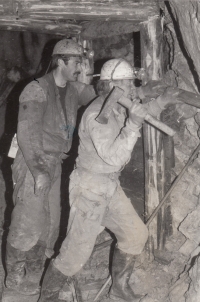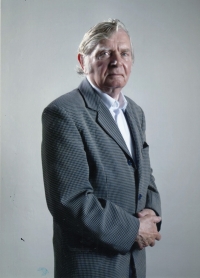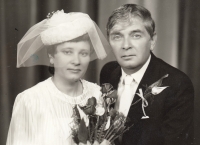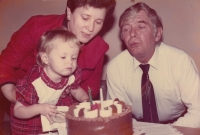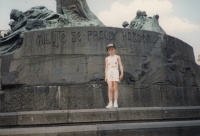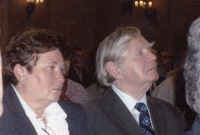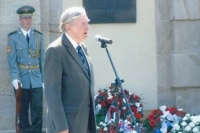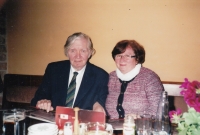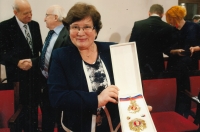My husband got 25 years instead of the death penalty. However, he said that the death penalty would have been more merciful
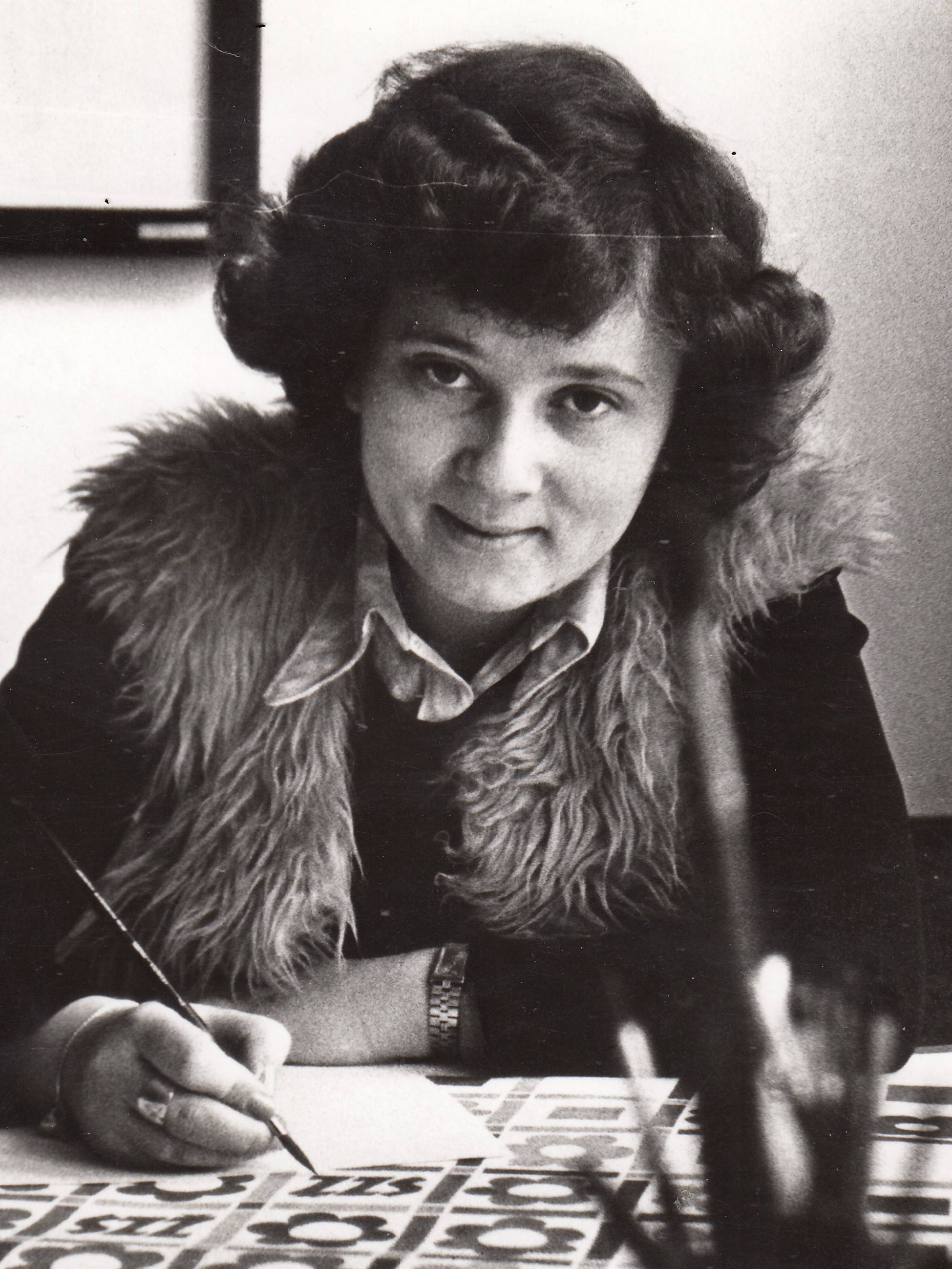
Download image
Medarda Pustajová, née Jandurová, was born on April 15, 1954 in Lúčky, Slovakia, near Rožmberk. She grew up in the neighboring village of Madočany. She had four siblings. Her mother, Alžběta Jandurová, originally a clerk, took care of the children and the household, while her father, Josef Jandura, worked in a tyre repair factory. At the beginning of the 1970s, during her studies at secondary school, Medarda met her future husband Dobroslav Pustaj. After the February 1948 coup, he co-founded and subsequently organized the Slobodné Československo resistance group (Free Czechoslovakia). In 1952, he was sentenced to 25 years in prison, of which he served 16. He was imprisoned in the concentration camp surrounding the uranium mines in Jáchymov, Leopoldov and Valdice. After his release in 1968, he had to work in the Dúbravské mines because of his past which was inconvenient to the regime and he was kept under surveillance by the State Security Service (StB) until the Velvet Revolution. Medarda Jandurová married Dobroslav Pustaj in 1987 and together they raised their daughter Dobroslava. In the first half of the 1990s, the family moved from Slovakia to the Olomouc region, where Medarda lived until 2023. Dobroslav Pustaj died in 2013. In 2017, he was awarded the state decoration of the Order of Ľudovít Štúr II Class in memoriam for his outstanding contribution to democracy and the protection of human rights and freedoms.
